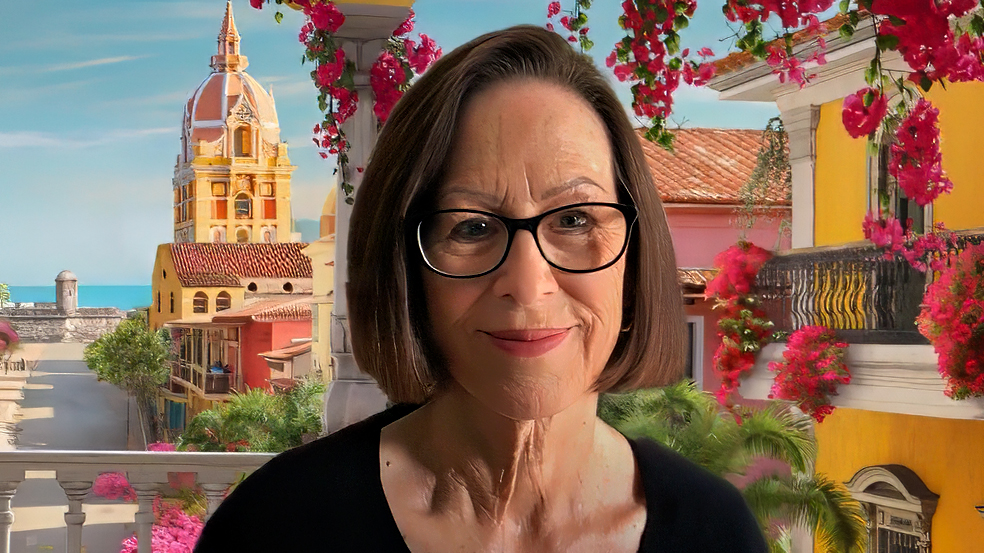The world is awash in words:
- Like a tsunami when the righteous pronounce on X.
- Lyrical in poetry.
- Used like rapiers as lawyers slice through evidence.
- Hammered out in rap.
- Woven by authors to keep us hooked.
- Chanted in prayer.
But for people less articulate, or when overcome with emotion, it can be an achievement to form even one word.
Single words, however, often struggle for impact unless they hit a nerve.
Witness the recent furore in the New Zealand media and Parliament over the insulting use of an ancient word used to describe an intimate part of a woman’s anatomy.
God words can also provoke vivid reactions, inextricably linked as they are to our personal religious and spiritual experiences.
The minute we hear or see them, emotions are activated. Anger or hurt can flare up, while others feel deep connection or an existential wondering about life and its meaning.
None of this would surprise the late Rabbi Jonathan Sacks, who held that Judaism was first and foremost a religion of holy words.
He reckoned words mattered because, “with words God created the universe.” He saw that in our human ability to communicate and create with words, we join soul to soul.
I thought about this as the Sistine Chapel doors closed on 133 cardinals.
Although dressed in identical clerical attire, all arrived with internalised images and words, curated through time and experience into their own unique God impression.
If they raised their eyes heavenward, as one might imagine they would, Michelangelo’s rendition of the creation story would appear.
Experts have pronounced on Michelangelo’s genius, but like theology, if it is to mean anything, I must take responsibility for my own reflecting.
I see Adam lying back, exposed, vulnerable.
On second glance he could be ambivalent, disinterested, or even dismissive of God’s more intentional attempt to connect. Even so, Adam’s hand remains extended.
But those famous hands never meet. There is always a gap.
Martin Crowe, the former Kiwi cricketer, talked about the gap as his “teacher,” lymphoma kept returning to enlighten him.
He said, “The gap is the space between thoughts, between breaths, between fielders, between balls. They say to experience the gap wholly brings ultimate joy in what we do. In the gap there is nothing, and it’s that nothing space in which lies the secret to our purpose.”
Being a healthcare chaplain has taught me much about the gap.
Listening to people, noticing and reflecting back what is said. Knowing that whatever I think or believe is irrelevant.
What matters is that I mind the gap, aware that silence can be a sacred space between us, not needing to be explained or justified.
My experience is that when people are suffering, and no matter how inarticulate they seem to be, whatever emerges into that gap can be seen and heard as part of creation.
Even if just one word.
Is it any wonder, then, that one of the most powerful oaths has been, “I give you my word.”

- Sande loves exploring, one word at a time, what she and others mean by God, spirituality, and religion. She’s a healthcare chaplain, restorative justice facilitator, pastoral supervisor, and wordsmith. Inspiration arrives through pondering dreams in Jungian analysis, walking, movies on the big screen, live orchestral music, sopranos, and devouring books.

